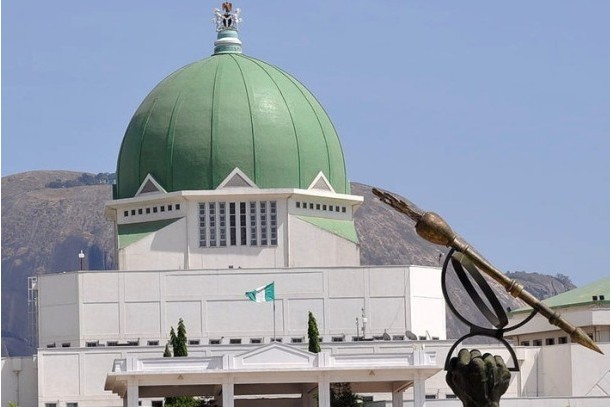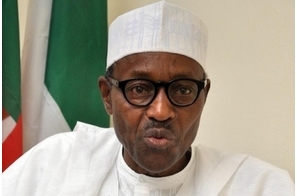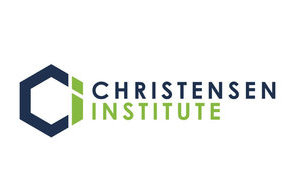Latest News
Nigeria’s Senate passes revised N10.8 trillion budget for 2020

News Highlight
In the revised budget, N4.94 trillion has been allocated for recurrent non-debt expenditure, whilst N2.49 trillion is for capital expenditure.
The Nigerian Senate on Thursday passed a revised 2020 budget of N10.805 trillion, following the approval of the same amount by the House of Representatives on Wednesday. The approved budget by the National Assembly is N282 billion above the amount that was submitted by President Muhammadu Buhari two weeks ago.
According to a statement by the Senate, the budget revision was necessitated by the impact of the COVID-19, which has adversely affected oil price and by extension the revenue projections of the Nigerian government. Presenting the lawmakers' rationale for increasing the budget, Senator Opeyemi Bamidele said this is not the time for Nigeria to "shy away from key issues, including the development of critical infrastructure because one of the ways of tackling recession is for the economy to spend her way out of recession."
Following the economic fallouts of COVID-19, the executive arm had said in April that it will cut the 2020 budget from N10.594 trillion approved in December 2019 to N10.523 trillion. The government also said it will further reduce crude oil benchmark price from $30 to $25 per barrel (pbl).
But the National Assembly increased the oil benchmark price by $3 pbl to $28 pbl in the amended Appropriation Act 2020. In the revised budget, N4.94 trillion has been allocated for recurrent non-debt expenditure, whilst N2.49 trillion is for capital expenditure. The Senate earmarked N422.78 billion for statutory transfers, and the sum of N2.95 trillion for debt service.
The revised fiscal plan also has a N500 billion COVID-19 intervention fund, which includes the sum of N186 billion specifically for the health sector. The health sector allocation had been excluded in the proposed spending plan submitted to the legislature by the executive, although it was already captured in the revised 2020-2022 Medium Term Expenditure Framework (MTEF) and Fiscal Strategic Paper (FSP). The omission incurred the rebuke of the lawmakers on Tuesday, with the Senate President, Ahmad Lawan, calling out the executive for "lack of efficiency."
Related News
Latest Blogs
- Between legality and legitimacy of Egbetokun’s tenure extension
- Of American aid and imperial destabilisation of Nigeria
- Nigeria's economic prospects in a changing world order
- African banks can leverage intra-African trade if they fix governance gaps
- EFCC and when law enforcement becomes the terror
Most Popular News
- Artificial intelligence can help to reduce youth unemployment in Africa – ...
- AI Startups account for 43 percent of new unicorns
- MTN Nigeria records N400 billion net loss in full year 2024 results
- Human Rights Watch says EU Commission waters down corporate rules
- Analyst provides mixed reaction to Nigerian equity market performance
- Stakeholders agree to improve resilience of submarine telecoms cables









